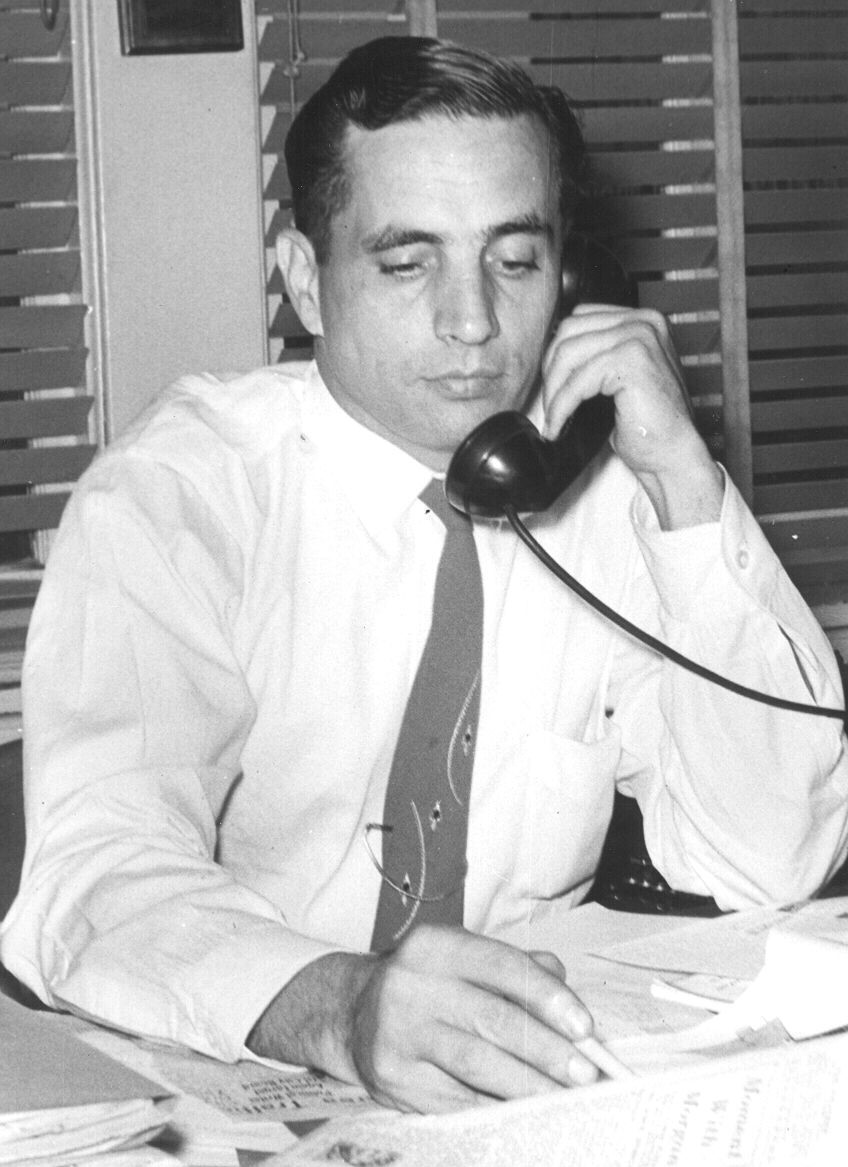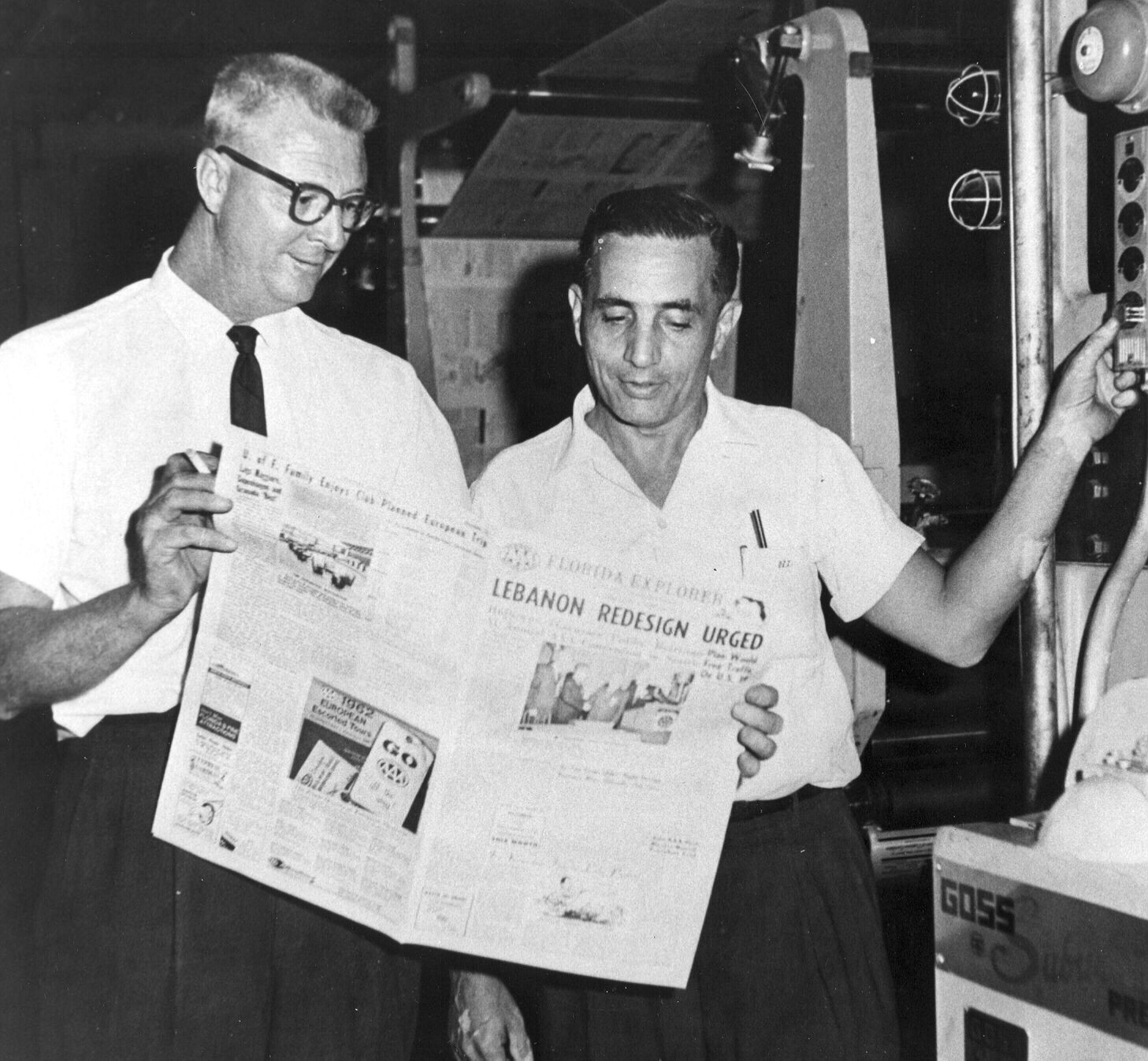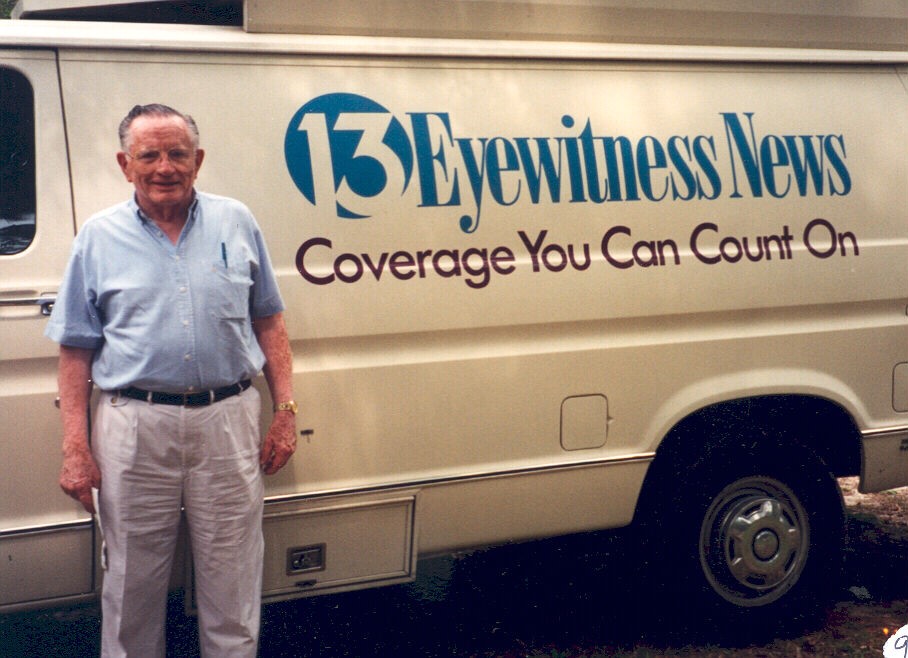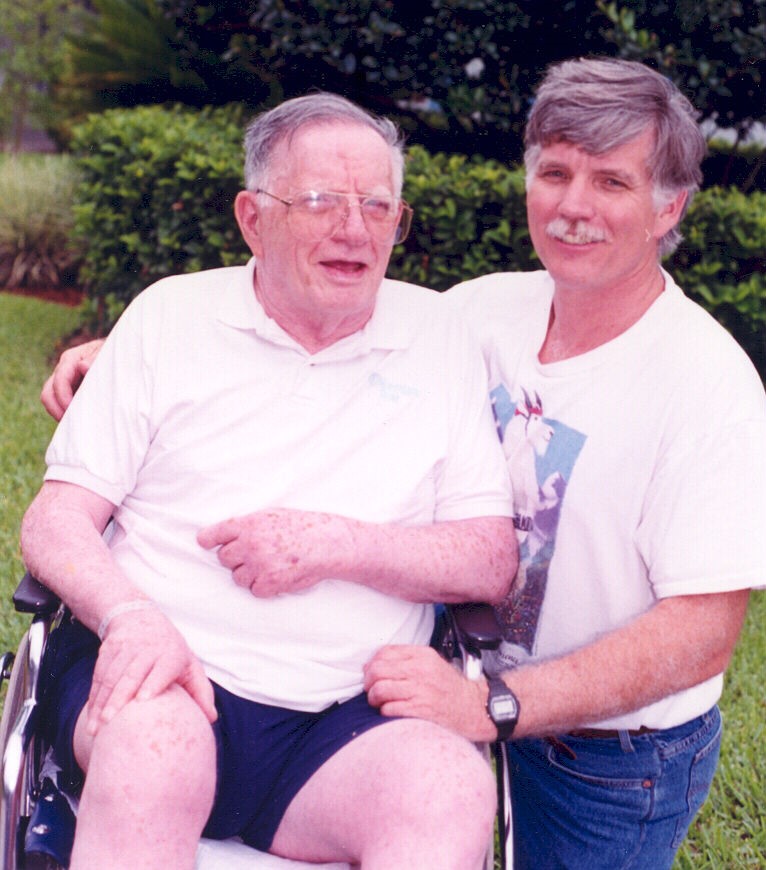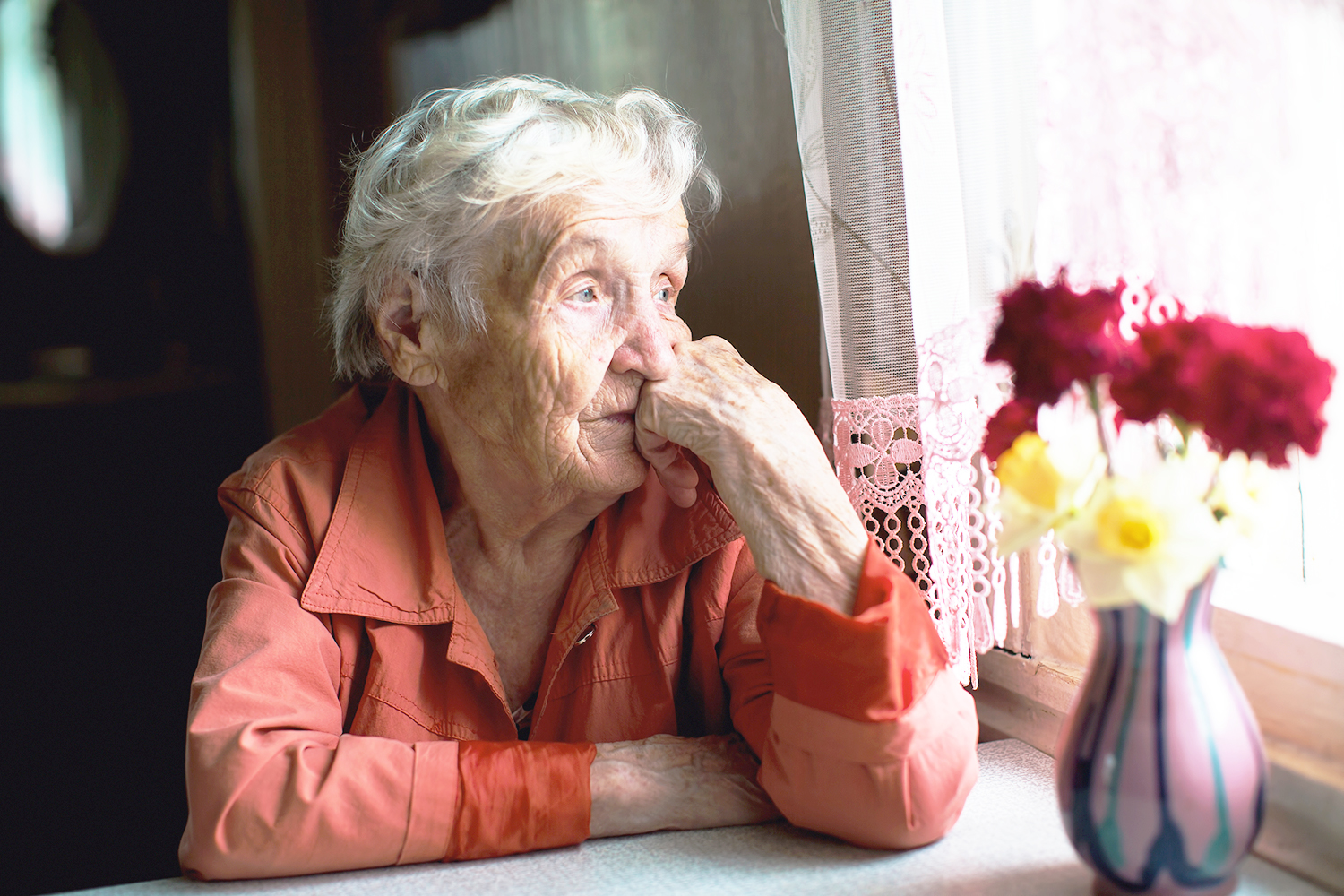
- Citibank… “Personal Loan — Take Control of Your Debt.”
- ACP brochure from Rochester, NY… “Advance Care Planning — Know your choices, share your wishes: Maintain control…”
- Sears MasterCard… “Take control of your finances.”
- SunTrust Bank… “Stay in control — transfer money where you need it, when you need it.”
- National Car Rental… “Take Control. Join the Emerald Club Today.”
- TSA PreCheck… “Take Control of Your Travel.”
- VW… “A new Volkswagen means a new adventure: Take Control.”
Do you see a common theme in these ads?
Advertising professionals hook us by using the word “control” all the time. They know how important it is to us. We spend our lifetimes trying to gain control. Yet, when we come to the end of our lives, we must let go of so much control. When I speak at events, I always leave this topic for last — “Coming to terms with the loss of control.”
My favorite quotes on letting go of control at the end of life
Elaine M. Prevallet, S.L., “Borne in Courage and Love: Reflections on Letting Go,” Weavings, March/April, 1997
“The idol of control holds out to us the hope that suffering and death can be eliminated. If we just get smart enough, we will gain control of pain and even of death. That false hope, in turn, has the effect of setting suffering up as an enemy to be avoided at all costs. We can choose never to suffer!”
Daniel Callahan, The Troubled Dream of Life: Living with Mortality
“Self-respect and integrity need not, and ideally ought not, to be grounded in a capacity to control our lives and mortality.… What has come to count too much is that our choices affect outcomes in the world; we are at sea when we cannot do so. Modern medicine and the modern temperament … reject solving problems of illness and death by adopting an interior stance of acceptance, choosing instead action and domination.… Our capacity to act, to do something, is cherished — something preferably affecting the outer world of nature rather than the inner world of the self.… We do ourselves a great and double harm by focusing the meaning of self-determination, and the shaping of a self, on our capacity to make external choices, to act.”
Scene from the play and movie W;t (Wit), by Margaret Edson
– VIVIAN (Terminally ill patient): I can’t figure things out. I’m in a quandary, having these … doubts.
– SUSIE (Nurse): What you’re doing is very hard.
– VIVIAN: Hard things are what I like best.
– SUSIE: It’s not the same. It’s like it’s out of control, isn’t it?
– VIVIAN (crying, in spite of herself): I’m scared.
Viktor Frankl, Man’s Search for Meaning
Frankl was a psychotherapist, author, and holocaust survivor. He discovered that, even when he had lost so much control, he still had the freedom to choose his response to his situation.
“Man can preserve a vestige of spiritual freedom, of independence of mind, even in such terrible conditions of psychic and physical stress.… Everything can be taken from a man but one thing: the last of the human freedoms — to choose one’s attitude in any given set of circumstances, to choose one’s own way.… In the final analysis it becomes clear that the sort of person the prisoner became was the result of an inner decision, and not the result of camp influences alone.… It is this spiritual freedom — which cannot be taken away — that makes life meaningful and purposeful.”
The Serenity Prayer
“God, grant me the
“Serenity to accept the things I cannot change, the
“Courage to change the things I can and the
“Wisdom to know the difference.”

